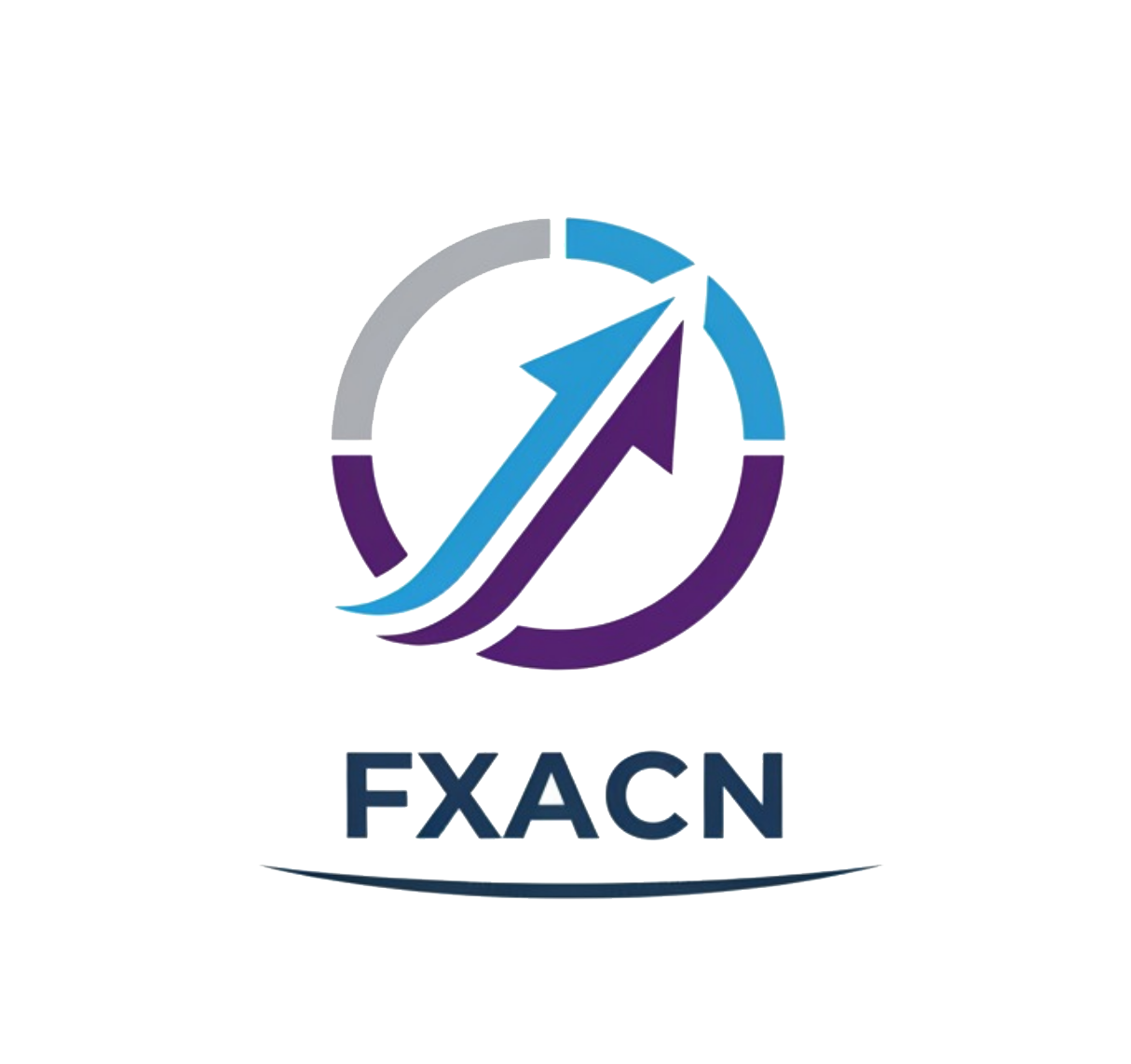Introduction
BitMart is a cryptocurrency exchange that was launched in 2017 and has since established itself as a pivotal player in the digital asset market, accommodating users across more than 180 countries with various trading options, including spot and futures trading. The platform offers a wide array of cryptocurrencies, boasting over 1,700 digital assets for trading. While BitMart has an ambitious vision of providing a secure and efficient trading experience, the volatility and complexity of the crypto market necessitate that traders exercise caution and rigorously assess the credibility of exchanges before engaging with them.
In this article, we will investigate whether “Is BitMart safe?” by analyzing its regulatory status, company background, trading conditions, customer funds safety, user feedback, platform performance, and various risks associated with trading on this platform. Our assessment is grounded in data collected from multiple online sources, user reviews, and industry evaluations, ensuring a balanced and thorough exploration of BitMart’s operations.
Regulatory Status and Legitimacy
A critical aspect when considering cryptocurrencies is the platform’s regulatory standing. Regulation is essential in ensuring that exchanges adhere to specific legal frameworks that promote transparency and protect user funds. BitMart, registered in the Cayman Islands, is not officially regulated by major financial authorities, which raises concerns among potential users regarding the legitimacy of their operations.
Regulatory Information Table
| Regulatory Body | License Number | Regulatory Region | Verification Status |
|---|---|---|---|
| N/A | N/A | Cayman Islands | Unregulated |
The absence of a regulatory body overseeing BitMart is a significant factor when questioning “Is BitMart safe?” The lack of regulation can expose users to risks, especially in scenarios where issues arise related to fund safety or platform reliability. Historically, the exchange has not faced significant regulatory troubles, but concerns stem primarily from unregulated operations and the significant security breach incurred in December 2021, which resulted in the theft of approximately $196 million worth of cryptocurrency.
Company Background Investigation
BitMart’s journey began in 2017, founded by Sheldon Xia, who has significant experience in tech and finance. The exchange’s operations encompass multiple geographical markets, with offices in South Korea and the United States. Despite its ambitious growth trajectory, the company has often been questioned regarding its transparency and accountability. BitMart’s management team includes professionals with backgrounds in technology and finance, leading to a mix of optimism and skepticism about its operational integrity.
The company’s ownership structure is also significant; being privately held and based offshore can sometimes obscure the flow of financial information from users. As a result, the level of transparency regarding its financial health and operational practices is less than that of publicly traded contenders, thereby reinforcing caution among potential users while assessing whether “Is BitMart safe.”
Trading Conditions Analysis
The trading conditions on BitMart merit thorough scrutiny. The exchange offers competitive trading fees, typically charging around 0.1% for both makers and takers in the spot market. However, users also face withdrawal fees that vary based on the type of cryptocurrency being withdrawn, further complicating the cost structure.
Trading Cost Comparison Table
| Cost Type | BitMart | Industry Average |
|---|---|---|
| Major Currency Pair Spread | 0.1% | 0.15% |
| Commission Model | Maker/Taker | Maker/Taker |
| Overnight Interest Range | Varied | Varied |
Understanding “Is BitMart safe” also involves assessing its cost model. Despite competitive trading fees, any changes in fee structure or unexpected withdrawals can complicate its overall cost-effectiveness. Moreover, while the absence of deposit fees might seem appealing, the unavailability of fiat transactions can limit users’ access to funds and create barriers for potential investors.
Customer Funds Safety
When discussing whether “Is BitMart safe,” customer fund security is paramount. BitMart employs a hybrid hot/cold wallet system, which is designed to secure customer funds against theft. Despite having robust security protocols, the history of the exchange’s particularly large hack raises serious questions about its actual effectiveness in fund protection.
Moreover, ownership of the crypto resources remains with BitMart; thus, users do not have full control over their private keys. The implementation of two-factor authentication (2FA) and withdrawal address whitelisting adds layers of security, yet the potential for losses remains high in the unregulated space that BitMart operates within.
Customer Experience and Complaints
Analyzing reviews and user feedback provides invaluable insight into the real-world functionality of an exchange. Many users rate BitMart positively for its user interface and range of trading options. However, common complaints pertain to withdrawal issues and a lack of responsiveness from customer support.
Common Complaints and Severity Analysis
| Complaint Type | Severity Level | Company Response |
|---|---|---|
| Withdrawal Issues | High | Slow response |
| Customer Support Response Time | Medium | Often unresponsive |
| Security Concerns | High | Lack of transparency |
Reviews indicate a consistent pattern of users facing difficulties when accessing their funds or receiving timely support, which further complicates the question of “Is BitMart safe?” The company’s customer service has been noted for being slow and, at times, unhelpful. Such recurring issues can scare potential users off and prompt them to consider more reliable options.
Platform and Execution
BitMart’s trading platform is notably user-friendly, providing a seamless trading experience for both novices and seasoned traders. However, the execution quality and reliability can vary widely depending on market conditions. Reports of excessive slippage during highly volatile market periods raise concerns about whether the platform can effectively manage order fulfillment without users facing difficulties in executing trades.
Risk Assessment
Utilizing BitMart presents varied risks that users should be aware of. Understanding these risks is critical for evaluating whether “Is BitMart safe.”
Risk Assessment Summary
| Risk Category | Risk Level (Low/Medium/High) | Brief Description |
|---|---|---|
| Regulatory Risk | High | Unregulated exchange, potential for fraud |
| Security Risk | High | Historical hacks highlight vulnerabilities |
| Customer Support Risk | Medium | Slow response may lead to prolonged issues |
Risk Mitigation Recommendations
- Use Strong Passwords: KPIs can be set to avoid common failings in protection strategies.
- Activate 2FA: Ensure that two-factor authentication is active to add an additional layer of security.
- Be Cautious with Withdrawals: Always be aware of the withdrawal processes and potential fees involved.
Conclusion and Recommendations
In conclusion, while BitMart offers a range of services and boasts a significant user base, the unregulated nature, lack of transparency, historical hacking incidents, and dissatisfaction with customer support create valid concerns about its reliability and safety. For traders contemplating whether “Is BitMart safe,” it is advisable to prioritize platforms with strong regulatory oversight and proven track records.
I would recommend looking at alternative exchanges that provide more robust regulatory frameworks and customer support systems, such as Binance or Coinbase. These platforms offer enhanced security and customer service, making them safer options for both novice and experienced traders alike, ensuring peace of mind while trading in the dynamic cryptocurrency landscape.


